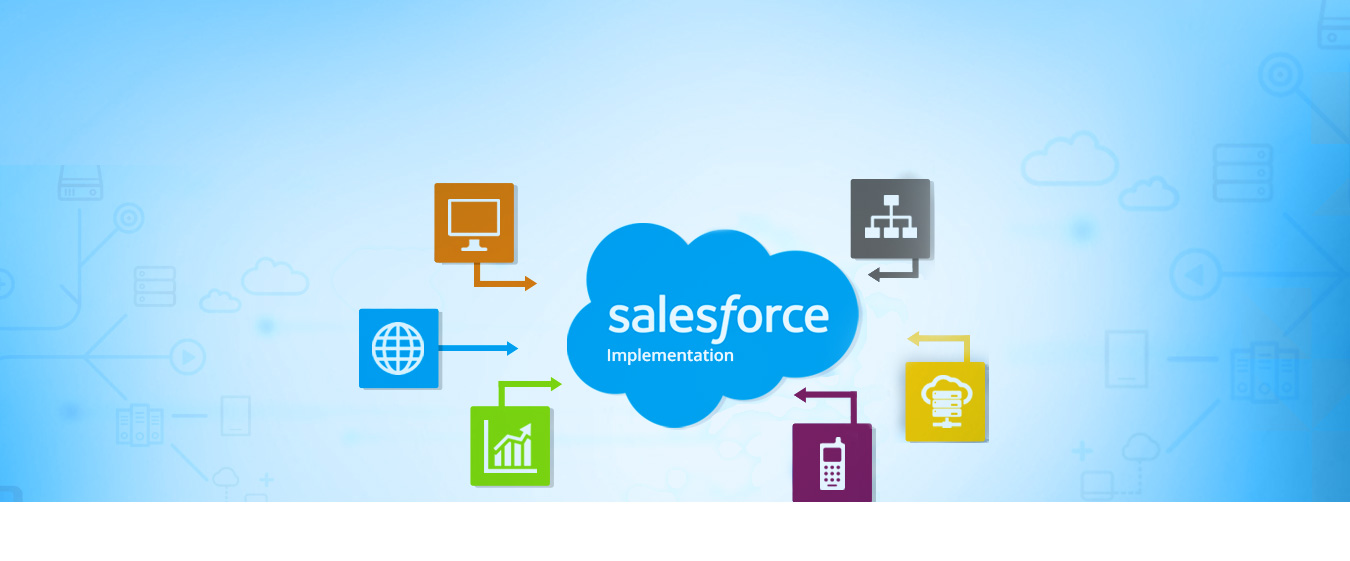In today’s fast-paced and ever-evolving healthcare industry, optimising resources and enhancing efficiency is of paramount importance. One powerful tool that healthcare organisations are increasingly turning to is data analytics consulting. By leveraging the wealth of data generated within healthcare systems, data analytics consulting can revolutionise how healthcare organisations operate, improving patient care, reducing costs, and driving better outcomes.

Understanding the Impact of Data Analytics Consulting in Healthcare
In the rapidly evolving landscape of healthcare, data analytics consulting has emerged as a game-changing approach to optimising operations, improving patient outcomes, and enhancing the overall quality of care. This innovative practice involves the meticulous analysis of substantial volumes of data to unearth valuable insights, patterns, and trends that hold the potential to transform the way healthcare is delivered.
Within the realm of healthcare, the scope of data analytics consulting is extensive and versatile. It spans the examination of patient records and clinical outcomes, allowing healthcare providers to gain a comprehensive understanding of individual health journeys and treatment efficacy. Simultaneously, this approach extends to the tracking of resource utilisation, facilitating the identification of areas that require optimisation for streamlined and efficient healthcare delivery.
The predictive capabilities of data analytics consulting are particularly noteworthy.
Key Benefits of Data Analytics Consulting in Healthcare
Data analytics consulting brings a multitude of advantages to healthcare organisations, all of which contribute to enhancing efficiency and overall patient care. Here are some of the key benefits:
- Improved Patient Outcomes: The analysis of extensive patient data enables healthcare providers to uncover patterns that can lead to a better understanding and prediction of diseases. This empowers early intervention and the creation of personalised treatment plans, ultimately resulting in improved patient outcomes.
- Enhanced Operational Efficiency: Data analytics consulting allows healthcare organisations to pinpoint inefficiencies and bottlenecks within their operations. Through the analysis of resource utilisation, patient flow, and operational processes, healthcare providers can streamline workflows, reduce wait times, and make more informed decisions.
- Cost Reduction: Leveraging data analytics consulting, healthcare organisations can identify opportunities for cost reduction without compromising patient care. This can involve optimising supply chain management, uncovering billing errors, and identifying high-cost procedures that may be unnecessary.
- Proactive Care and Prevention: Data analytics consulting facilitates the identification of potential risks and predictive modelling of diseases. By identifying high-risk patients, healthcare providers can proactively intervene, offer preventive care, and mitigate the need for hospital readmissions.
As the healthcare industry continues to evolve, data analytics consulting emerges as a powerful tool to drive efficiency, improve patient outcomes, and enhance overall healthcare quality.
Harnessing Data for Better Healthcare
In an era where data is abundant and technology is advancing rapidly, healthcare organisations that embrace data analytics consulting are better positioned to adapt and thrive. By tapping into the insights hidden within their data, these organisations can make more informed decisions, allocate resources more effectively, and ultimately provide higher-quality care to their patients.
As healthcare continues to evolve, data analytics consulting will remain at the forefront of innovative practices, playing a pivotal role in shaping the future of healthcare delivery and patient well-being. Through its ability to unlock the potential of data, data analytics consulting is not just improving efficiency—it’s revolutionising healthcare as we know it.
For healthcare providers looking to elevate their operations, enhance patient care, and stay ahead in an increasingly data-driven world, embracing data analytics consulting is not just a choice—it’s a necessity. By harnessing the power of data, healthcare organisations can navigate the complexities of modern healthcare, all while putting the well-being of their patients at the forefront.
Implementing Data Analytics Consulting in Healthcare Organisations
While the benefits of data analytics consulting are clear, implementing a successful data analytics strategy within a healthcare organisation requires careful planning and execution. Here are some key considerations:
Data Collection and Integration
- Standardisation: Establishing standardised data collection processes ensures consistency and quality in the data captured. This includes defining data fields, and data entry protocols and ensuring data integrity.
- Interoperability: Integrating data from various sources, such as electronic health records (EHRs), medical devices, and administrative systems, is crucial. This enables a holistic view of the patient journey and supports more comprehensive data analysis.
Data Analysis and Visualisation
- Advanced Analytics: Utilising advanced analytics techniques, such as machine learning and predictive modelling, can uncover valuable insights from complex healthcare data. These insights assist in decision-making, risk stratification, and outcome prediction.
- Visualisation: Presenting data in visual formats, such as dashboards and interactive reports, makes complex healthcare data more accessible and understandable. Data visualisation helps healthcare professionals identify trends, patterns, and outliers more effectively.
People and Culture
- Data Literacy: Healthcare organisations need to invest in training and developing data professionals who can effectively analyse and interpret healthcare data. Building data literacy across the organisation empowers individuals to leverage data analytics capabilities.
- Collaboration: Successful data analytics consulting in healthcare requires cross-functional collaboration between data analysts, clinicians, administrators, and other stakeholders. Creating a collaborative culture fosters innovation and drives data-driven decision-making.
The Future of Data Analytics Consulting in Healthcare
As technology continues to advance and healthcare systems generate increasing volumes of data, the role of data analytics consulting will become even more critical. Here are some emerging trends shaping the future of data analytics in healthcare:
- Real-time Analytics: The ability to perform data analysis in real-time enables healthcare providers to make immediate decisions based on current patient information and optimise care delivery.
- Internet of Medical Things (IoMT): The proliferation of connected medical devices and wearables generates valuable patient data that can be analysed to improve monitoring, diagnosis, and treatment.
- Precision Medicine: Data analytics consulting can support the development of personalised treatment plans by analysing genetic data, biomarkers, and clinical information.
- Population Health Management: By analysing population-level data, healthcare organisations can identify trends, allocate resources more effectively, and implement preventive strategies.
Conclusion
In conclusion, data analytics consulting has the potential to transform healthcare by maximising resources and improving efficiency. By harnessing the power of data, healthcare organisations can enhance patient care, reduce costs, and drive better outcomes. As we move toward a data-driven future, the role of data analytics consulting will continue to evolve, empowering healthcare organisations to provide high-quality, personalised care. Embracing data analytics consulting is no longer an option; it is an imperative in the quest for a more efficient and effective healthcare system.




